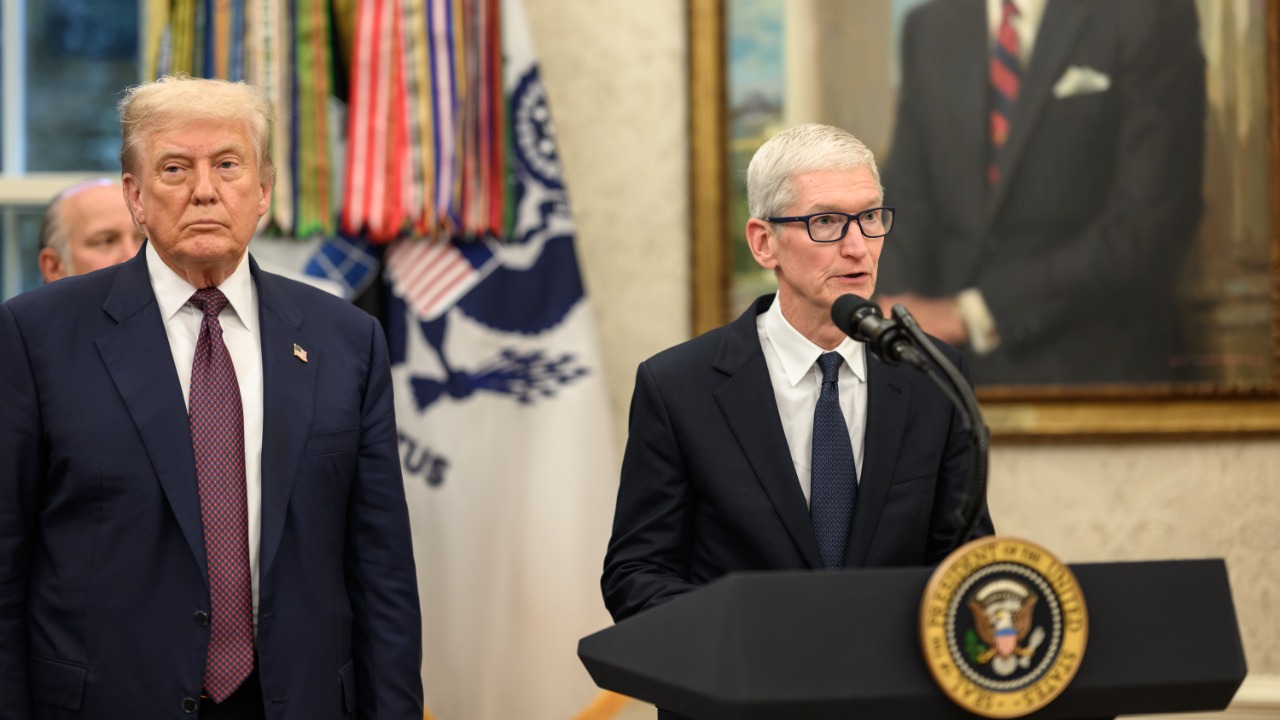
As Apple’s CEO Tim Cook approaches his 64th birthday, speculation about his successor is intensifying. The internal “succession wars” among top executives are heating up, with John Ternus, Apple’s senior vice president of hardware engineering, emerging as a leading candidate. The potential transition of leadership at Apple could significantly reshape the company’s future direction.
Tim Cook’s Tenure and Transition Signals
Tim Cook’s journey from operations chief under Steve Jobs to CEO in 2011 has been marked by a focus on supply chain efficiency and services growth. This strategy has propelled Apple’s market cap beyond the $3 trillion mark. Recently, Cook has hinted at his succession plans, emphasizing the grooming of internal talent and the need for continuity in the face of increasing regulatory pressures. At 64, Cook’s age and health considerations are reportedly fueling board discussions on leadership transition.
John Ternus as the Top Contender
John Ternus, with his engineering degree from the University of Pennsylvania and a 20-year tenure at Apple, is seen as a strong contender for the top job. Ternus has been instrumental in key product innovations, including overseeing hardware for the iPhone 12’s 5G transition and leading the M-series chip development. Analysts view Ternus as an ideal candidate due to his presentation skills, demonstrated during 2021 product launches, and his reputation for fostering team collaboration, as noted in recent coverage.
Other Internal Candidates in the Mix
Other potential successors include Sabih Khan, Apple’s senior vice president of operations, known for his expertise in global supply chains that helped navigate pandemic disruptions. Katherine Adams, senior vice president and general counsel, is also in the running, given her role in handling antitrust battles and regulatory compliance worldwide. Luca Maestri, chief financial officer since 2014, is another contender, having contributed significantly to Apple’s $394 billion in 2023 revenue through his financial strategy.
Challenges in Apple’s Leadership Pipeline
Internal rivalries among executives vying for Cook’s position are evident, with competition over innovation priorities like AI and services. External factors, such as investor demands for fresh leadership to counter slowing iPhone sales, are also influencing the succession. Past transitions, like Jobs to Cook, set precedents for stability, but early tensions are already visible in the current scenario.
Potential Impacts on Apple’s Strategy
A Ternus-led Apple might accelerate hardware-software integration, building on his work with Apple silicon. If Adams were to ascend, we might see a greater emphasis on legal defenses, while Khan could bring about operational streamlining. The leadership transition will undoubtedly have broader implications for shareholders, with stock performance likely tied to perceptions of leadership strength post-Cook.
Board and Investor Perspectives
The Apple board, led by figures like Arthur Levinson, plays a crucial role in succession planning, with a focus on long-term innovation. Investor reactions are also significant, with figures like Warren Buffett calling for a smooth handover to maintain Apple’s trillion-dollar valuation. The succession process is under increasing scrutiny, as reflected in recent articles, highlighting the need for transparency.
More from MorningOverview